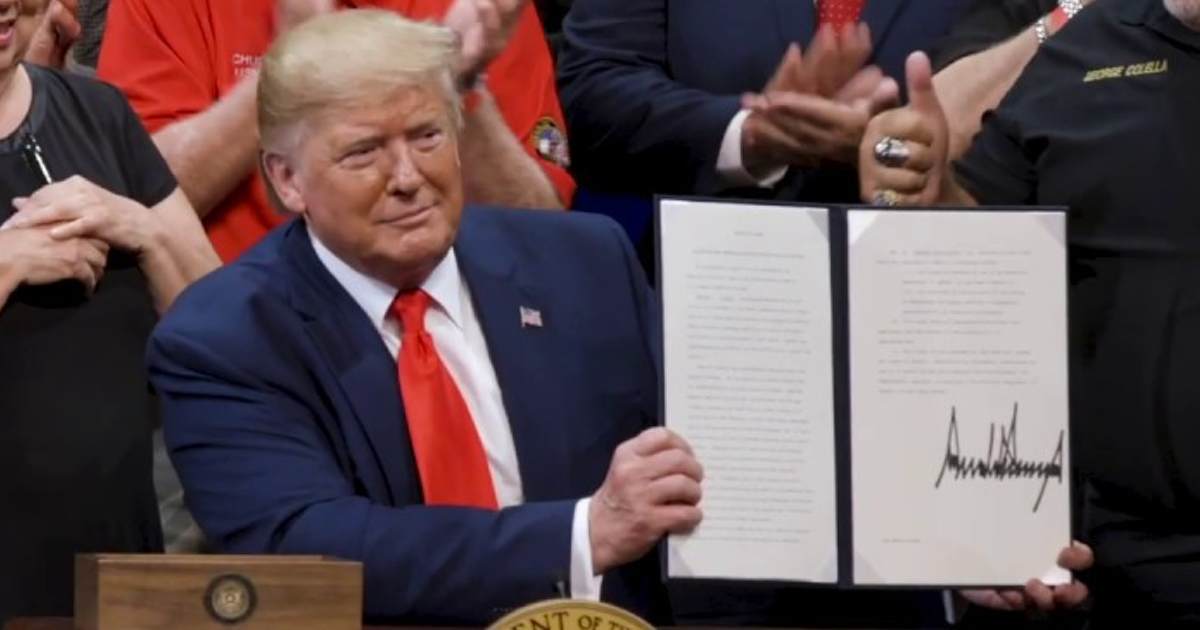|
By Norm Singleton
Last Friday, President Trump signed an Executive Order instructing federal agencies to take a number of steps to give seniors more choices in the Medicare program. The executive order repeals a Clinton-era rule forbidding any senior who refuses to accept Medicare from enrolling in Social Security. This provision forces seniors who would rather provide their own health care to accept government health care or forego Social Security benefits. Many seniors need Social Security because taxes and inflation make it difficult or impossible to save for their own retirement. The order also instructs the Health and Human Services Department to remove all barriers to private connections in Medicare. This refers to the extent the existing laws and regulations limit seniors’ ability to use their own money to pay for health care. Current law says that a physician who forms a private contract with a senior cannot file any Medicare claims for two years and that seniors are only eligible to write private contracts with certain types of healthcare providers. Campaign for Liberty Chairman Ron Paul championed repealing these restrictions on seniors’ health freedom when he was in Congress. Below is Dr. Paul’s official statement on his Seniors Health Care Freedom Act, which allowed seniors to form private contracts in Medicare and allowed seniors to decline Medicare without losing their Social Security benefits: Mr. PAUL. Mr. Speaker, I rise to introduce the Seniors' Health Care Freedom Act. This act protects seniors' fundamental right to make their own health care decisions by repealing federal laws that interfere with seniors' ability to form private contracts for medical services. This bill also repeals laws which force seniors into the Medicare program against their will. When Medicare was first established, seniors were promised that the program would be voluntary. In fact, the original Medicare legislation explicitly protected a senior's right to seek out other forms of medical insurance. However, the Balanced Budget Act of 1997 prohibits any physician who forms a private contract with a senior from filing any Medicare reimbursement claims for two years. As a practical matter, this means that seniors cannot form private contracts for health care services.
This article was originally published at The Campaign for Liberty.
Read Part 2 of this article here. Comments are closed.
|
Archives
July 2024
|


 RSS Feed
RSS Feed



